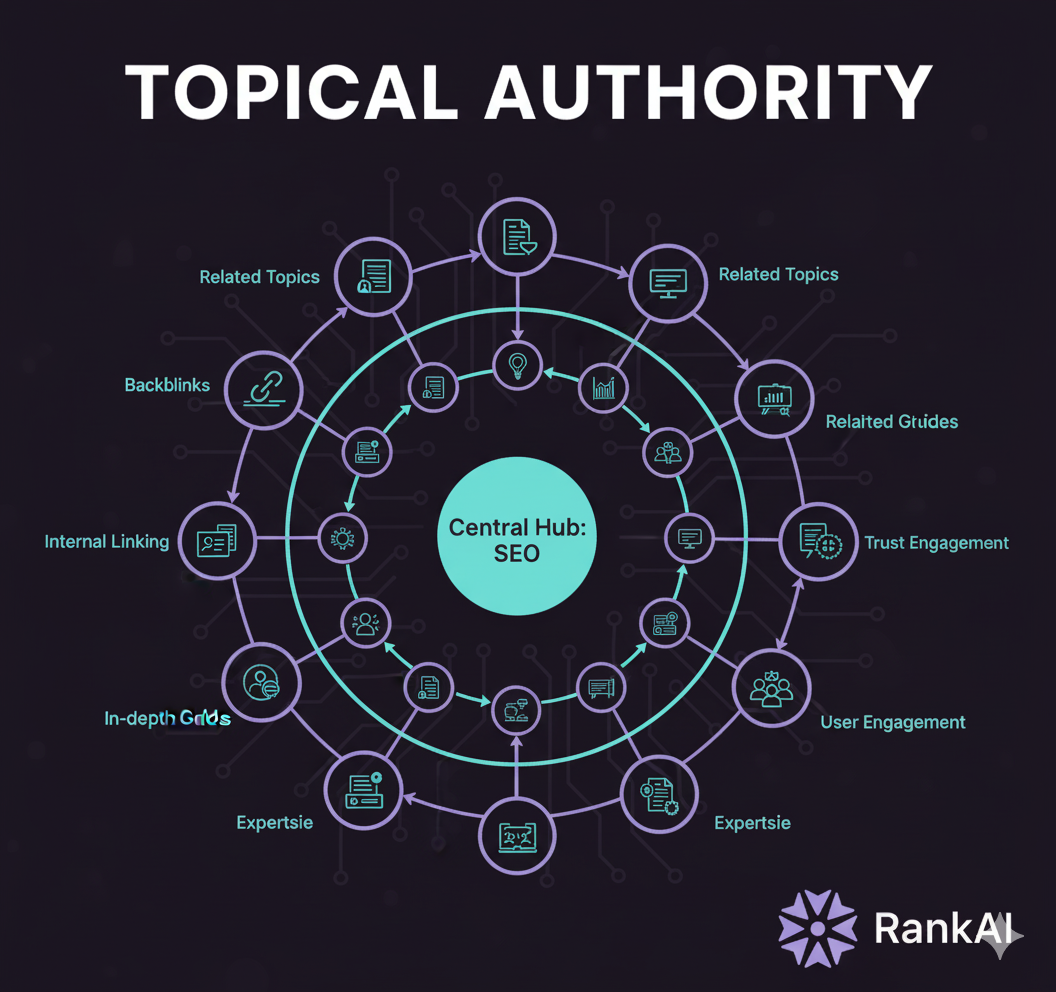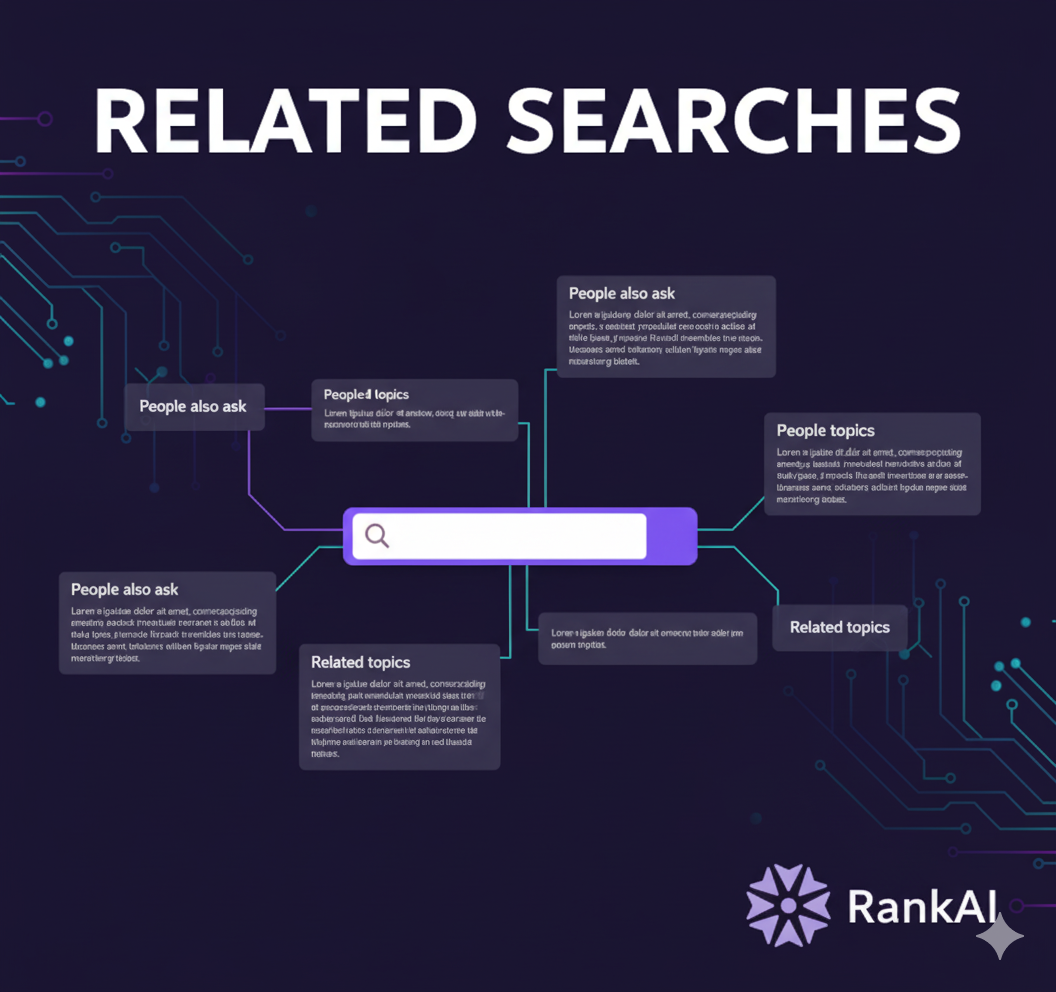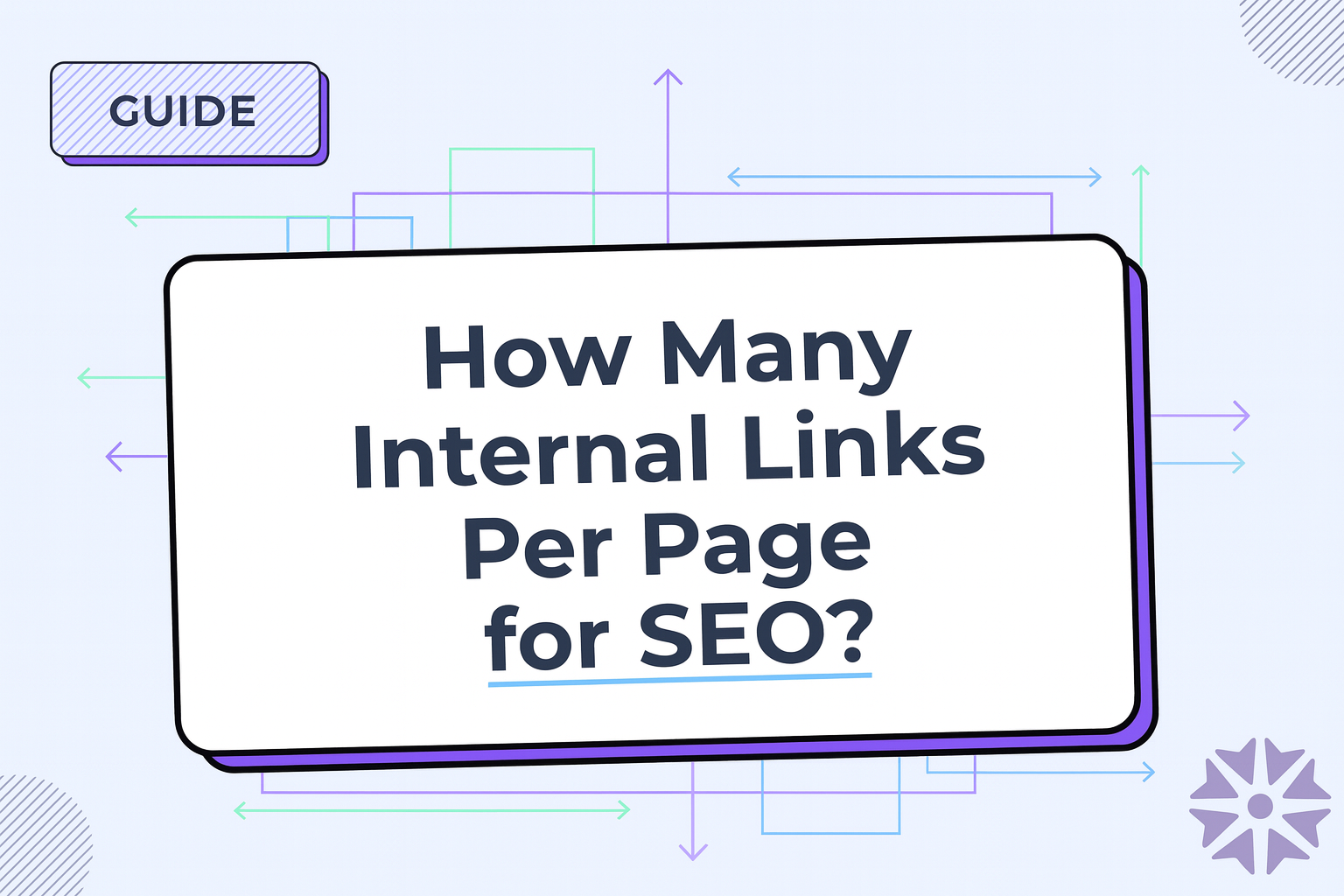
Ever wonder why some websites seem to shoot to the top of Google while others get stuck on page five? The secret often comes down to a concept called topical authority.
Think of topical authority as becoming the go to expert for a specific subject in Google's eyes. When the search engine recognizes your site as a credible and comprehensive resource for a niche, it rewards you with higher rankings and more traffic. A study across 12 websites even found that content with high topical authority gains search visibility much faster than content from low authority sites. The benefits are clear, as pages with strong authority earned their first clicks significantly sooner, helping businesses sidestep the slow grind of organic SEO.
But here's the catch, measuring topical authority isn't as simple as checking your follower count or website clicks. It can feel more like an art than a science at times. So if you're investing in content, how can you prove your efforts are building the authority that matters?
Here are four practical ways to measure and boost your website's topical authority.
1. Calculate Your "Topic Share"
One of the best proxies for topical authority is your topic share. This metric shows you what percentage of the total search traffic for a specific topic your website captures. It's basically your market share in the search results. The more of the organic traffic pie you own compared to your competitors, the more authoritative your site is on that subject.
For example, imagine all keywords related to "healthy breakfast recipes" generate 100,000 searches per month. If your website gets 10,000 of those visits, you have a 10% topic share. A competitor pulling in 50,000 visits (a 50% share) clearly has stronger topical authority in that space.
How to track it:
You can use SEO tools to identify a cluster of keywords for your main topic and then estimate the traffic each competing domain receives for those terms. Some tools even show the estimated traffic share by domain, making it easy to see if you own 5% or 20% of the conversation in your niche.
Tracking this over time is key. Not sure which KPIs to trust? Here's how to tell if your SEO strategy is working. If your share grows from 10% to 15%, it's a powerful signal that your strategy is working and you are successfully building topical authority. This kind of deep analysis can be complex, which is why a fully managed SEO solution can be a huge help. Platforms like RankAI perform this in depth keyword and competitor research for you, pinpointing content gaps and opportunities to grow your authority.
2. Track Keyword Rankings in Topic Clusters
While topic share gives you a big‑picture view, don't forget about good old‑fashioned position tracking. These rank tracking tools make it easy to monitor movement across an entire cluster. A clear sign your topical authority is growing is seeing higher rankings across a whole group of related keywords.
When you start to build authority, you won't just see improvements for obscure, long tail keywords. You'll also start climbing the ranks for difficult, high volume terms. In short, rising rankings equal growing authority. If you have five articles on "small business finance tips" and all of them jump into the top 10 results, it's a strong indicator that Google is starting to trust your site on that topic.
This is incredibly important because around 70% of all clicks go to the top five organic results on Google. Moving from page two to page one can transform your traffic. It's no surprise that 65% of marketers use improved SEO rankings as a primary measure of their content's success. Consistently tracking these movements provides clear evidence that your efforts to build topical authority are paying off.
3. Use SEO Tools for a Quick Authority Snapshot
Many major SEO platforms have started rolling out AI powered metrics to help you gauge your topical authority. For instance, a tool might analyze your domain and a target keyword, then give you a rating like "Low," "Moderate," or "High" for that specific topic.
For example, SEO analysts noted that the website The Spruce Pets shows a "High" topical authority score for the keyword "dog training". This rating is likely due to its huge library of high quality articles on that subject. If your own site shows a "Low" score for a term you want to own, it's a clear signal you need to create more in depth content around that topic.
It is important to remember that these scores are not official Google metrics. They are proprietary ratings created by each tool's unique algorithm. However, they serve as excellent benchmarks. As you publish more comprehensive content that demonstrates experience, expertise, authoritativeness, and trustworthiness (known as EEAT), you should see your scores improve over time, which often correlates with better rankings.
4. Understand Google's System for News Content
If your business operates in a niche that involves news or timely commentary, it's good to know that Google has a specific ranking system called Topic Authority. Announced in mid 2023, this system is designed to identify and surface expert news content for specialized searches.
Google uses several signals to determine this, including:
- Relevance to a topic or location. A local newspaper that consistently covers city politics will be seen as a strong authority for local news.
- A history of original reporting. Publications that break stories and are frequently cited by other outlets build a reputation for influence.
- The publication's reputation. A long track record of high quality journalism and expert endorsements helps bolster authority.
While this is a special case, it highlights a core principle of SEO. Google is always trying to identify the most credible and expert sources for any given query. For most businesses, building general topical authority through comprehensive content will be the primary goal.
Turn Your Website into an Authority
Measuring topical authority requires looking at a mix of metrics, from broad topic share to specific keyword movements. Building it is a long term commitment that comes from consistently publishing valuable, targeted, and trustworthy content.
Unfortunately, many business owners don't have the time or in house expertise for this. Surveys show that around 57% of small businesses have no SEO strategy at all, often because traditional agency support can cost anywhere from $3,000 to $7,500 per month. If you're weighing agency models, see why traditional SEO agencies are bad for SMBs and how AI SEO agents are shaping the future.
This is where a new approach can make all the difference. RankAI offers a fully managed SEO solution that combines expert strategy with AI efficiency, making enterprise grade results accessible for a fraction of the typical cost. Our team handles everything from technical audits and keyword research to creating expert level content and tracking your progress. We help you build the topical authority that drives real growth, without the headache or the high price tag.
Ready to become the go to voice in your industry? Learn how RankAI can supercharge your SEO strategy and turn your topical authority into tangible results.
Frequently Asked Questions about Topical Authority
1. What is topical authority in SEO?
Topical authority is a measure of a website's perceived expertise and authoritativeness within a specific niche or topic. When Google sees your site as a comprehensive and trustworthy resource on a subject, it's more likely to rank your content highly for related search queries.
2. How long does it take to build topical authority?
Building topical authority is a marathon, not a sprint. It typically takes several months of consistent effort, including publishing high‑quality content, building a logical site structure with internal links (use this on‑page SEO checklist), and addressing technical SEO. The timeline can vary based on your industry's competitiveness.
3. Is topical authority more important than backlinks?
They are both important and work together. Backlinks from reputable sites act as "votes of confidence" that can strengthen your authority. However, without comprehensive, high quality content covering a topic (topical authority), even a site with many backlinks may struggle to rank for relevant keywords. If you need help, consider vetted link building services.
4. Can I build topical authority with AI content?
AI can be a powerful tool for generating content ideas and drafts, but it requires expert human oversight. To build true topical authority, content must meet Google's EEAT (Experience, Expertise, Authoritativeness, Trustworthiness) guidelines. This is why a hybrid "expert plus AI" approach, like the one used by RankAI, is often most effective. For a step‑by‑step primer, see our beginner guide to AI SEO.
5. How many articles do I need for a topic cluster?
There is no magic number. The goal is to comprehensively cover a topic and answer all the questions a user might have about it. This could mean 10 articles for a small niche or over 50 for a broad, competitive topic. Focus on quality and completeness over quantity.
6. What's the difference between domain authority and topical authority?
Domain authority (a metric created by SEO tool companies) is a general, site wide score that predicts a website's overall ranking potential. Topical authority is specific to a particular niche. A website could have high domain authority but low topical authority on a subject it rarely covers. Conversely, a newer site can build high topical authority in a specific niche even if its overall domain authority is still low.


